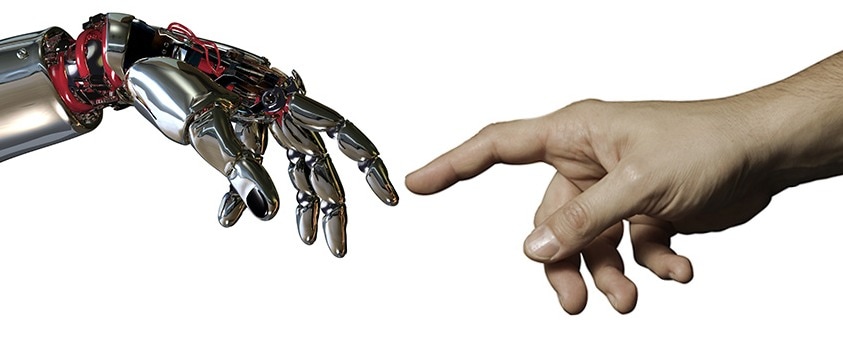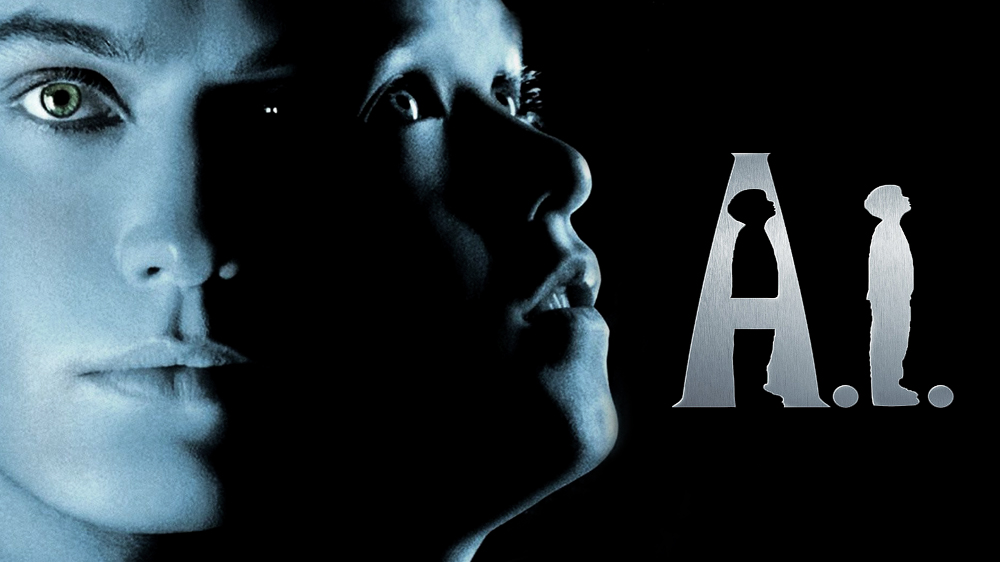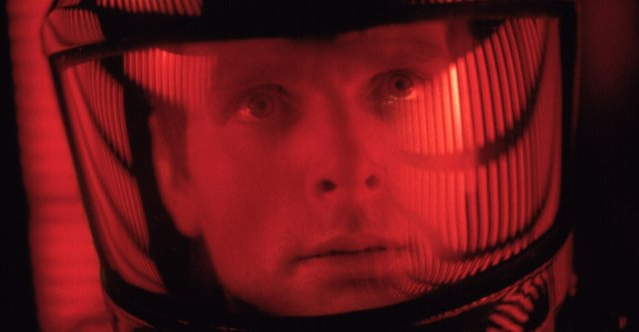| 170502_marxism_2.0_–_martin_ford_enlightened_marxist_or_apocalyptic_technocrat___.docx |
Martin Ford is a Silicon Valley software entrepreneur and to put it simply, a polymath. He did not without reason win the 2015 Financial Times Best Business Book of the Year Award: Rise of the Robots – Technology and the Threat of a Jobless Future is the first book in the 21st century which succeeds to combine the impacts of technology and economics onto mankind. It therefore rightly deserves to take the book award from the 2014 winner Capital in the 21st century, because Thomas Piketty’s analyses of wealth accumulation is an important building block of modern economics, but only half of the picture. Ford makes it complete and gives us an unparalleled outlook of which scenarios lie ahead.
Ford himself provides a synopsis of his work which leaves not much to add on: Jobs remain the primary mechanism by which purchasing power gets into the hands of consumers. If that mechanism continues to erode, we will face the prospect of having too few viable consumers to continue driving economic growth in our mass-market economy. He shares this assessment of the overall economic development with US billionaire Nick Hanauer, University of Connecticut professor of ecology and evolution Peter Turchin and of course French economist Thomas Piketty.
But Ford also dares to weave the looming unemployment scenario caused by increasing automation into a larger picture, which by some readers like Guardian journalist Jerry Kaplan is perceived as yet another apocalyptic message from robot hell. I can’t understand why Ford’s almost messianic effort to draw the reader’s attention to the probably single most important economic problem of our era, the distribution of wealth and the potential destruction of wealth through cybernation, should not receive a positive overall review. FT’s Edward Luce gives full credits to Ford’s work, but he still concludes his solution to be idealistic: Ford’s answer is to pay every adult a minimum basic income — or a “citizen’s dividend”. There is logic to his remedy but not much realism. My forecast is that cars will fly before that happens. My guess is, that it might be not so long until cars will actually fly.
Rise of Robots takes the reader on a rollercoaster ride through the latest technological achievements in automation, visual and audio recognition, 3D printing, autonomous vehicles and molecular manufacturing. Yes, all we have seen in the Star Trek episodes will eventually be possible. Ford continues his synopsis as such: As this book will make clear, advancing information technology is pushing us toward a tipping point that is poised to ultimately make the entire economy less labor-intensive. However, that transition won’t necessarily unfold in a uniform or predictable way. Two sectors in particular – higher education and health car – have, so far, been highly resistant to the kind of disruption that is already becoming evident in the broader economy. The irony is that the failure of technology to transform these sectors could amplify its negative consequences elsewhere, as the costs of health care and education become ever more burdensome.
Niall Fergusson argued in his 2011 oeuvre Civilization – The West and the Rest, that six novel complexes of institutions and associated ideas and behaviors distinguished the West from the rest and were causal for the Eurasian world dominance for the last 500 years. These killer applications are competition, science, property rights, medicine, consumer society and work ethic. I was always of the opinion that technology as a product of science is a much-underestimated driver of progress and in particular in China the main factor for pushing millions of people out of poverty within a few decades only; even more so if we acknowledge the quasi absence of property rights. I have to admit though, that the consumer society was never so much on my radar, but Ford’s book confirms Fergusson’s thesis that it constitutes a superior pillar of civilization. I believe thought that we will have to ask us in the close future if not now, if there is not a seventh element missing to take our civilizations to the next level. Republican atheist Fergusson is completely oblivious to this element; Ford’s writing is clearly driven by this element, but he does not dare to name it. For the sake of giving this seventh element a name, let’s call it empathy.
Technologists and economists are rational people who are by professional code not allowed to talk or write about the non-scientific or even religious, but as a befriended Buddhist entrepreneur told me recently: we are not only at the tipping point of a technological revolution which will shatter the labor market as we know it, but we are also at a tipping point of how to perceive ourselves. Does man think of himself essentially as good or evil? And can he turn this self-perception outwards to make this world a better place to live in? Economic terminology like access to labor market and access to the consumer society is well understood in spiritual doctrines. The Christian Great Commandment Thou shalt love thy neighbor as thyself or the ethic conduct of the Buddhist eightfold path call for such economic thinking and behavior.
Ford quotes the liberal economist Friedrich Hayek a society that has reached a certain level of wealth can afford to provide for all. Does this imply that even the godfather of modern liberal economics embraces a basic guaranteed income? Hayek’s term Great Society comes remarkably close to the Christian understanding of the second commandment in particular if paired with his idea of an evolving government role; nevertheless it is not Marxist in its essence. A basic guaranteed income would only provide a minimum material equality, but never an intellectual or spiritual one. With advancing cybernation future governments are enabled to provide such a minimum subsistence. Ford did the maths and argues that it pays for itself. So what do we wait for? That cars fly?
The only question that remains unanswered but is substantially discussed by Ford is which accompanying measures are required to implement a basic guaranteed income. Would large swaths of the population turn into ignorant and obese consumers? Wait, isn’t that already the case in some industrialized nations? We are told that the Peltzman Effect will most likely lead recipients of a basic income to more risk taking and one of the consequences would be more entrepreneurs; something existing entrepreneurs might be afraid of. Self-improvement and enterprise start-up classes might therefore become a viable instruction content; even more so if the devaluation of credentials continues als the author describes.
Living in one of the globe’s largest urban areas, I am especially attracted to the impact of a basic income on rural areas. People would most likely move back into abandoned villages and could both invest their energies into landscaping and self-need agriculture. Urban spaces, which have by many been dubbed death zones in case of emergency, would benefit from reduced economic pressure due to unsustainably high housing, schooling and medical pricing. So, spread the word, in particular in China that Marxism 2.0 has arrived. Technocrats both good and evil minded will love it.


